Artificial intelligence (AI), viewed from an optimist’s perspective, is an accelerant for humans; a tool to handle tedious tasks that allow users to spend more time and energy on what really matters. On the current episode of Understanding IP Matters (UIPM), Eric Bear, a classically-trained actor, singer and dancer, and now a kinesthetic artist specializing in primate motion capture, discusses the interplay of creativity and technology. Bear is a successful entrepreneur, industry expert and inventor responsible for more than 100 patents.
Before returning to filmmaking in 2017, Bear was an entrepreneur known for creating award-winning interactive media. The movie The Matrix popularized his invention of seamless video expansion to access behind the scenes footage.
Other of his 100+ patents include body-based solutions to motion sickness in virtual reality. Bear’s patented inventions can now be found on most Blu-ray titles and are licensed by all major studios in the USA, including Paramount Pictures, Walt Disney Pictures, Twentieth Century Fox, Warner Bros., Lionsgate, Universal Pictures and Sony.
In this episode of “Understanding IP Matters,” Bear and host Bruce Berman discuss:
- Why Bear believes “that invention and acting are very similar, in that there’s a phase shifting from the current reality into another possibility.” With invention “there’s a future where this ‘other thing’ is true,” and in acting, “all of the world of possible people are in us. We’re not separate from each other.”
- That AI for creative work is “like a gear”, that when “you’re riding a bicycle that only has one gear, the same amount of work always generates the same amount of output. But the moment you can start gearing up …it’s an accelerant.” Interestingly, “Steve Jobs used to call computers bicycles for the mind; I feel that way about AI.”
- Bear’s experience is that a different future “doesn’t happen without hard work” and that “the reality is if you don’t work your ass off to make these things happen, they don’t happen.”
- Why Bear is “really fed” up with the way in which things were engineered these days. “There used to be a lot more discipline in testing and release cycles, but I think Google kind of ruined it for a lot of people… “Release it and if it breaks and enough people complain then we’ll do something about it” lacks discipline. People should have the ‘Apple mindset’ of ‘don’t ship it until it’s really solid.’”

![[IPWatchdog Logo]](https://ipwatchdog.com/wp-content/themes/IPWatchdog%20-%202023/assets/images/temp/logo-small@2x.png)

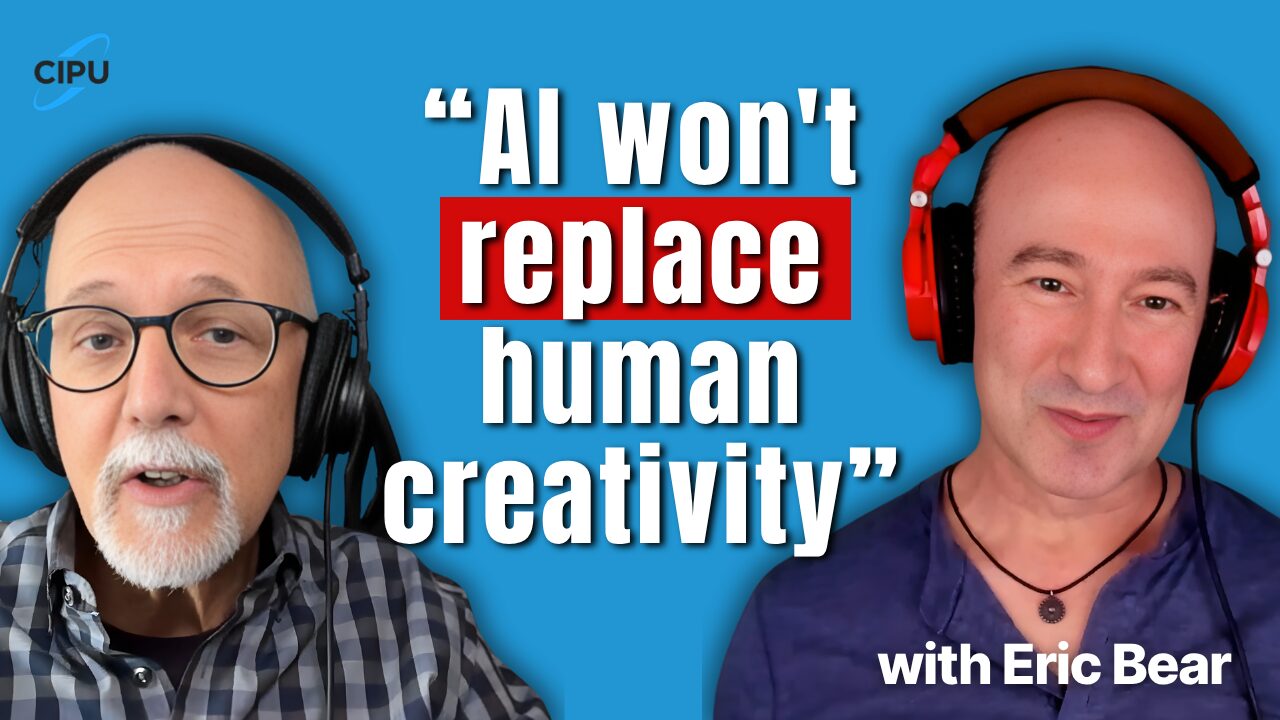
![[Advertisement]](https://ipwatchdog.com/wp-content/uploads/2025/11/Ankar-AI-Nov-20-2025-sidebar-700x500-1.jpg)
![[Advertisement]](https://ipwatchdog.com/wp-content/uploads/2025/11/Junior-AI-Nov-25-2025-sidebar-700x500-1.jpg)
![[Advertisement]](https://ipwatchdog.com/wp-content/uploads/2025/11/Juristat-Ad-Firm-Cost-Management-Nov-18-Dec-31-2025-Animated-Varsity-Ad-final.gif)


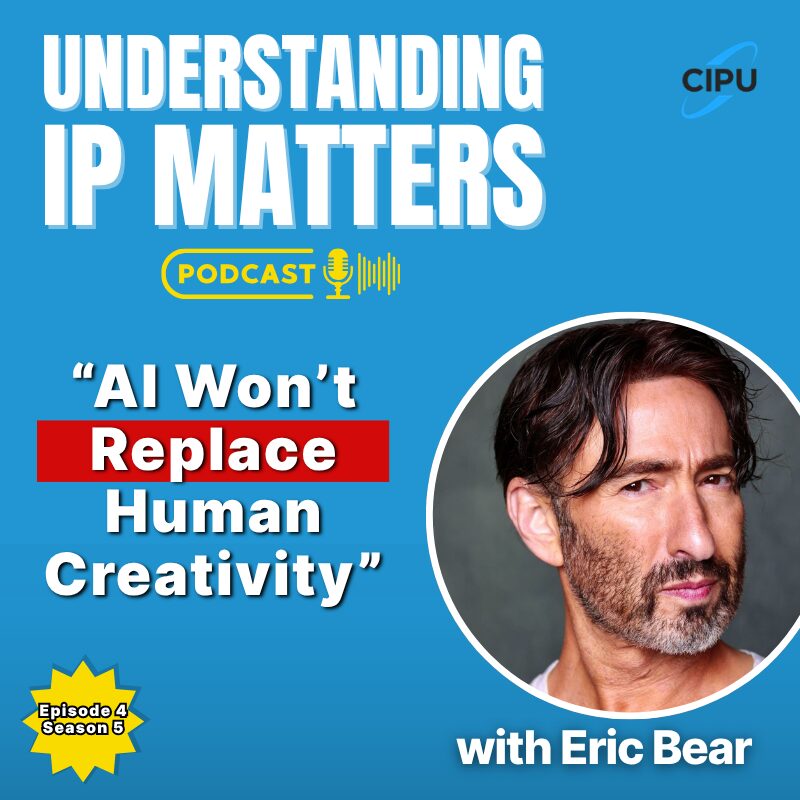




![[Advertisement]](https://ipwatchdog.com/wp-content/uploads/2021/12/WEBINAR-336-x-280-px.png)
![[Advertisement]](https://ipwatchdog.com/wp-content/uploads/2021/12/Ad-4-The-Invent-Patent-System™.png)
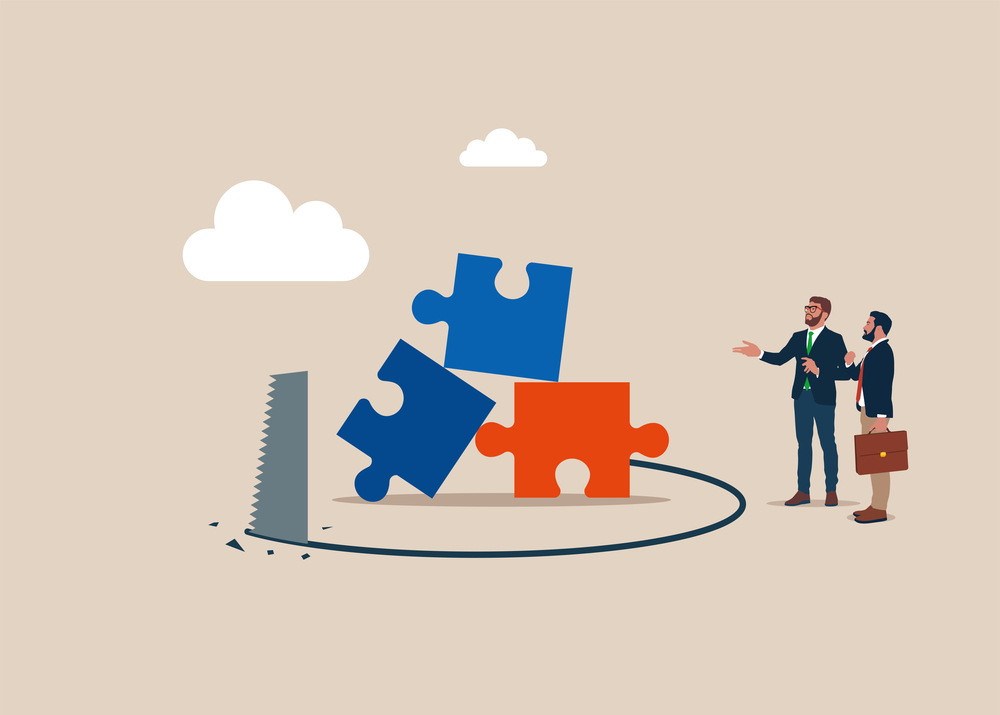


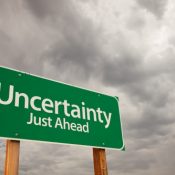

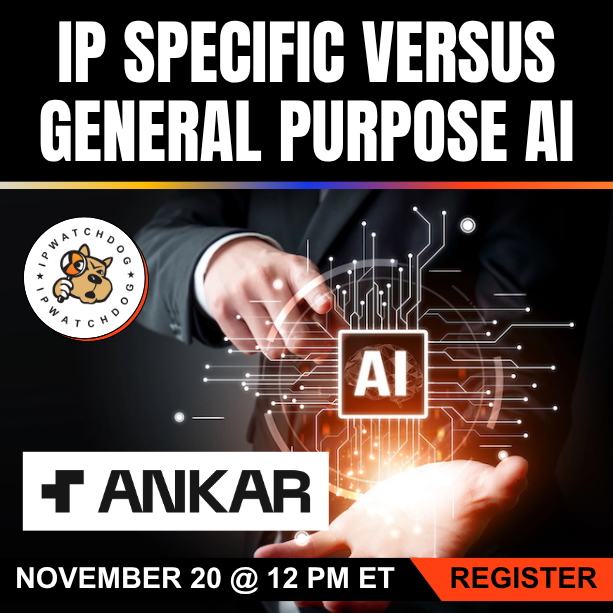
Join the Discussion
No comments yet. Add my comment.
Add Comment